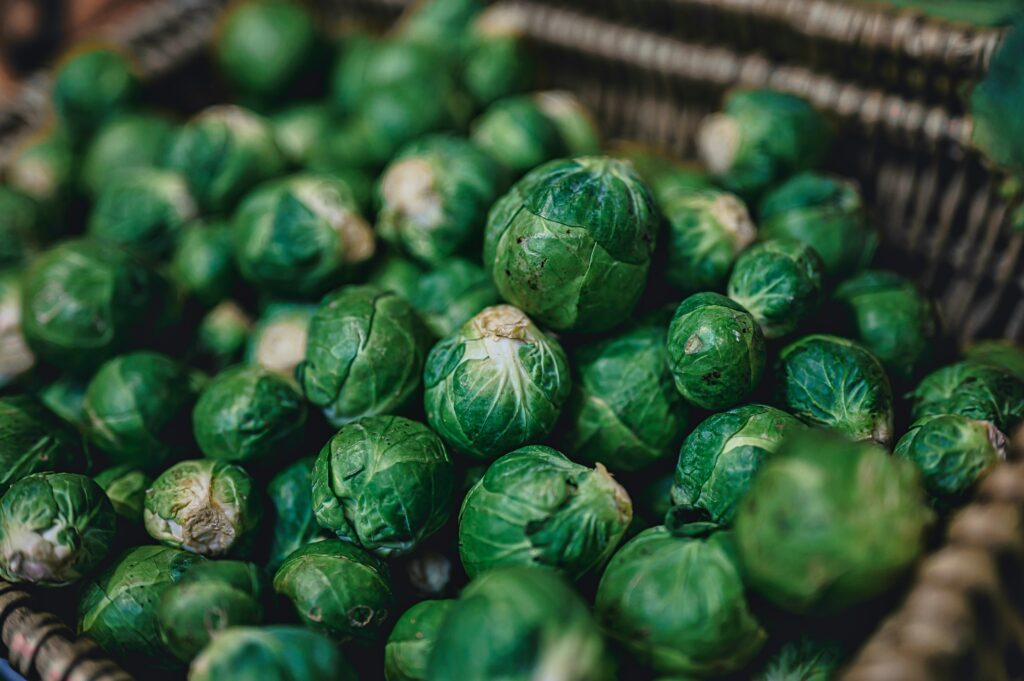One curious feature of the business we’re in, and of public policy commentary generally, is that sensible people are usually sorry when they’re proved right about a gloomy prognostication and happy when they’re wrong. So we’re happy that after endless carping about how all climate news is bad, we find a National Geographic headline “Climate change could make French wine taste better”. Even if they add an obligatory ominous “for now”.
No, really. They actually admit that plants prefer warm weather. Next they’ll be letting on that CO2 is good for our green buddies too, including the ones with the grapes. Grudgingly, no doubt, since the deck on that piece reads:
“Bordeaux’s grapes will benefit from warmer, drier summers. But if extreme heat leads to droughts, this top wine producer’s future may be at risk.”
To which our first response is to deride the “may be at risk” as an attempt to be menacing without committing oneself. Even “is at risk” would leave open the possibility of the risk not actually striking so it’s a double weasel. And again we add “yes, if”. But as we struggle to be generous, we note that the story starts:
“Wine experts have warned for years that climate change could result in shifting harvest seasons, lower quality wine, and restricted plant growth. Yet here’s something to toast to: In Bordeaux, France, one of the world’s premier wine-growing regions, climate change may actually make wine taste better – for now.”
So they’re even fessing up that the doom and gloom was, in this one small corner of the planet, temporarily unjustified. Despite that “for now” again. And it’s gratifying, since we’ve pointed out repeatedly that predictions of climate doom in almost any direction depend on positive trends to this point suddenly and mysteriously reversing, from the decreasing number of tornadoes to growing crop productivity, that the story also informs readers that:
“A 70-year dataset of wine critic scores in Bordeaux, alongside high-resolution weather data from the period, revealed wine quality – based on factors such as rich and strong taste – increased over time, according to a study published today in iScience.”
So like the one where more people are better fed, or natural disaster property losses adjusted for population and income have been falling, you’re admitting that the apocalypse that is supposedly upon us now is actually not even starting to hit. Instead things are technically improving.
Contrast that grudging realism with, for instance, Canadian Prime Minister Justin Trudeau, who tried to ruin Canadian Thanksgiving by saying “As we saw firsthand the increasingly disruptive impacts of climate change, from devastating floods, to hurricanes, to wildfires, we also saw what we can do when we come together as a country.” (Like politicizing everything.) But Canada is not experiencing more floods, hurricanes or wildfires. Or politicians checking facts. So again, a tip of the beret and a raised glass to National Geographic. Even if it babbles things like:
“The highest-quality Bordeaux wines came from years with warmer, drier summers; cooler, wetter winters; and earlier, shorter growing seasons, some conditions that climate change is expected to make more frequent in the region. For instance, warmer temperatures are predicted across France, with four degrees Celsius of warming projected by 2100. Warm temperatures can increase grapes’ sugar content and create sweeter wine.”
Four degrees? Where did they get that rubbish? Well, it started with a UNEP report that global warming by 2100 could reach 2.8°C if countries don’t meet their absurd 2023 targets. And according to French environment minister Christophe Béchu, that figure would mean more than four degrees for France because Europe is (drum roll please) warming faster than the average.
Oh well. No vinegar from us even on the piece predictably predicting that as climate breakdown proceeds, even the ingenuity of French winemakers will not stave off disaster indefinitely. The had a breakthrough moment of admitting warming was helping a plant that was, in turn, beneficial to humans, and we’ll take it.
Cheers.



Everywhere is supposedly warming faster than the global average.
We need a compendium of weasel words and phrases which can be used to set off alarm bells whenever they occur. 'May be at risk' is a prime example. All it means is 'something nasty might happen'. Yup, it might, but then spending our time endlessly worrying about what might happen rather than keeping an eye on the here and now is a sure-fire way of ensuring that something nasty will happen.
NatGeo manages to find the dark lining in every silver cloud.
The thing is, it is probably true that every habitable place on earth is warming twice as fast as the global average. No, really.
That's because land warms faster than water, and water is over 70% of the earth's surface. Surface temperature over the oceans and seven seas brings down the global average quite a bit.
I've noted this at least twice on this website in the past, with no apparent effect on the author's misplaced sarcasm. And no rebuttal of the argument, either. It is not cricket, as they say, to keep on deploying that trope.
When one looks at "everywhere is warming faster" than the globe, it gets funny.
Take Finland and Sweden. Two similar sized countries hugging each other, both and for sure Finland says that they are warming faster than the globe. Is Sweden also warming faster? Is Finland warming faster than Sweden? Well, I'am sure they want to